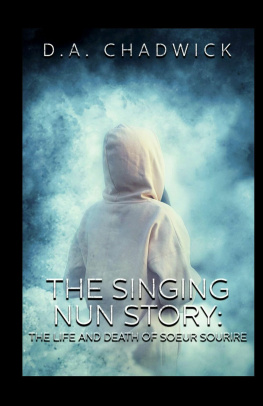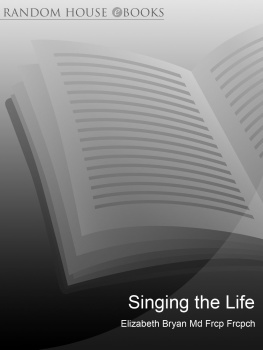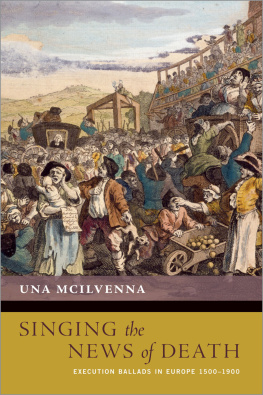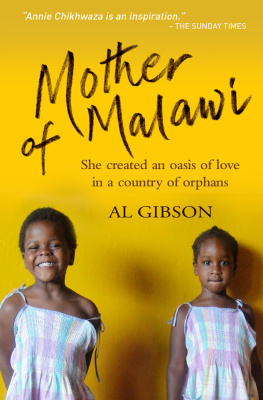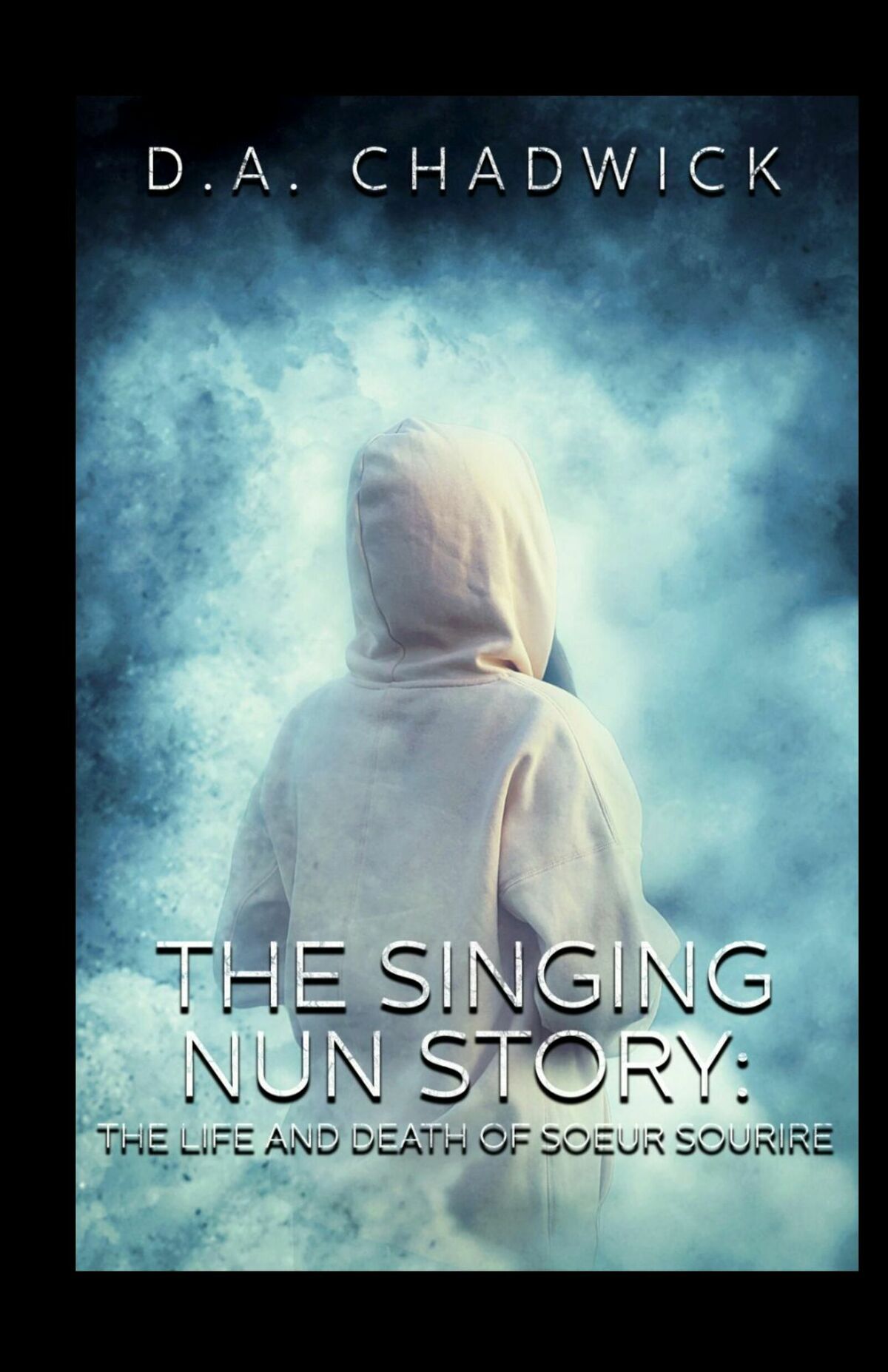The 1st Field Hospital: The Experiences of T-4 Robert U. Shepard in the Southwest Pacific
Deer Creek: The Murders of William H. Gibson and John S. Frazer
This work is the result of years of research and the help of many people . A ll books are the end result of multiple efforts. I must first thank Florence Delaporte for her insight and tutoring in French translation , and for opening the door into the life of Jeannine Deckers .
I also recognize the contributions of Mary Donnelly, a research librarian with impeccable skills for both procuring and archiving materials. Thanks also must go to, Alain Clossen, Jeannine Mudd, Madeleine Brenger (MBS), members of the BBC, and the many newspapers and magazines that were kind enough to cover my efforts these past years.
Finally, I recognize the contributions of The Very Right Reverend Jeanetta Juda Liamons and Patricia H. Johnson for their invaluable insight into religious life in monastic orders and the ordeal that awaits those leaving the convents. I must also thank those who did not want to be singled out or named for their stories about life at Fichermont and other convents throughout the world. Jozefa is one such person. The willingness to share those experiences enables us to understand fully the ordeal of those leaving the religious life.
I also extend thanks to Jeannine Mud of the Laatste Nieuws for sending all of the journal excerpts the newspaper published in 2002 without charge. This allowed me to read many of the same words as past biographers . Of course, I did not have the benefit of reading the originals, which Ms. Delaporte indicate d were often confusing, misspelled and difficult to follow.
This sort of documentation of a historical figure, ( and The Singing Nun is a historical figure) , is crucial to understanding human beings and their response to their environments. It was Jeannines desire that access to her journals be provided to the general public and th at wish has not been fulfilled.
When I first published this story I did not have access to the original journals and letters of Jeannine Deckers, but thanks to a source that wishes to remain anonymous , I was provided access to m any of them. Reading the personal documents has allowed a greater understanding of Jeannine Deckers and her deteriorating mental state .
D.A. Chadwick
July 2010
April 24, 2021-I wish to thank Charles-Antoine de Rouvre, who is a F rench documentary director , for including me in his film . He was commissioned by the European Cultural TV channel ARTE to direct a 52 minutes documentary on Jeannine Deckers by Zeta Productions . I also wish to thank his very professional cameraman, Aaron Chervenak for making my interview at home very pleasant during the time of Covid-19 with its many influences on our society.
The documentary is scheduled to air summer 2021.
D.A. Chadwick
It has been two decades since I first published the biography on Soeur Sourire. Researching and gaining access to materials has been an adventure and learning experience. Even the difficult aspects have contributed greatly to my development as a writer and researcher.
In the end everyone who has been involved in presenting the shy young Sister Smile to the public did so with respect and a desire to educate the world about the singer/songwriter who died tragically and before her time.
D.A. Chadwick
April 24, 2021
There seems to be a renewed interest in the Singing Nun or Soeur Sourire of 1960s fame with the release of the new movie this April, Soeur Sourire starring the actress, Cecile de France. Like the movie by MGM in 1966, The Singing Nun, the Belgian film is a fictionalized account of the life of Jeannine Deckers who joined the Dominican order at Fichermont convent in Waterloo, Belgium in 1959 and became Sr. Luc Gabriel. Unfortunately, the movie dodges the darker side of her story, especially the suicides of Deckers and Pcher.
Writing a biography on Deckers was a long and difficult process that I hope will be much easier for biographers in the future, that is, perhaps now her private journals and photograph albums will be archived by the Belgian government and made available for research. If not, Loyola University has expressed an interest in obtaining them for an exhibit on influential women. Dr. Beth Myers, Director of The Gannon Center for Women and Leadership Archives is quite interested in honoring Jeannine and will certainly do an excellent job of preserving them.
There would have been many more biographies on Deckers but for the unfortunate death of her manager and executor, Jean Berlier, who had kept her private papers and journals at his office where writers such as Florence Delaporte could access them. Prior to Berlier's death a businessman named Luc Maddelein "borrowed" the documents that included her vast number of photo albums for a supposed book. Berlier died while Maddelein still was in possession of the documents. Since that time, Maddelein has controlled who could view them and use them for research. He could do this because, sadly, no one in Belgium cared enough to do anything about it. He claims to have nothing but honoring Jeannine as a goal, but his actions have indicated otherwise. I and an associate of mine, Mary Donnelly, of Loyola University wrote to the King and Queen of Belgium to ask that they take possession of Deckers documents for archiving, but we never received a response.

